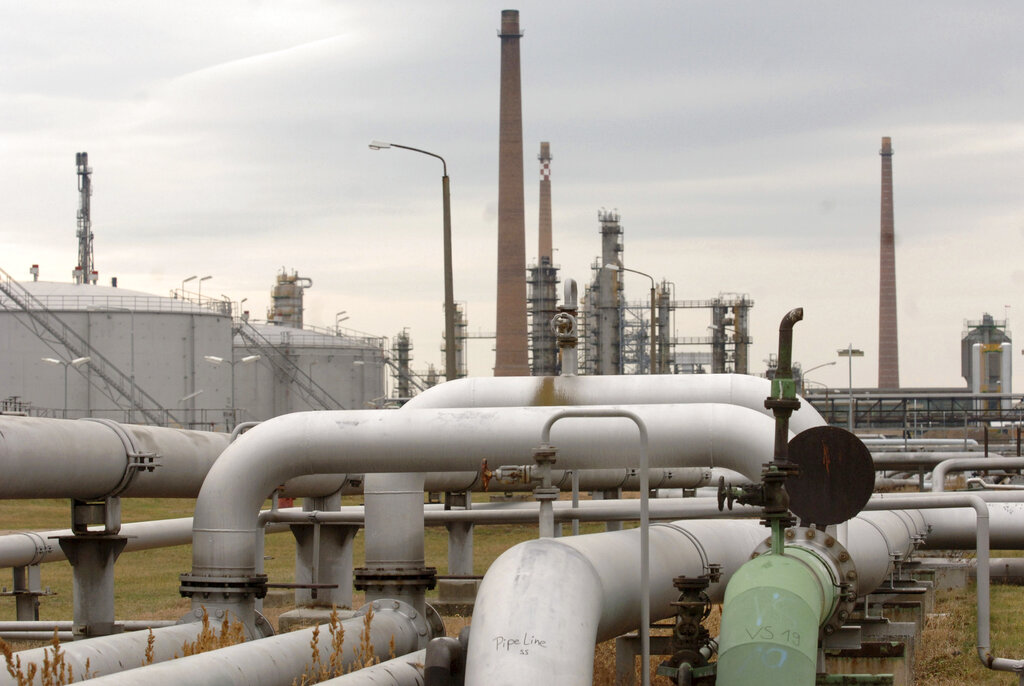The refinery in Schwedt, Germany, near the Polish border, refines 12 million tons of oil every year. It was built in the 1960s and received its supplies from the Druzhba pipeline, which pumped oil from Russia through Belarus and Poland onward to Germany.
The plant in Schwedt was an object of interest for Polish fuel companies for many years, especially since 2015 when the Russian Rosneft began to take control of that refinery; this was something that looked like a political rather than business venture, aimed at bypassing the Polish land route by supplying the refinery by sea via the German Baltic port of Rostock.
Additionally, there was a risk for the Polish market due to the country being flooded by cheaper fuel from Russia.
The war in Ukraine was a game changer. It forced Western states to sanction Russian oil. These sanctions take effect in December and cover all sea routes. They only exclude some land routes via pipelines as a result of Hungarian objections to blanket sanctions.
Nevertheless, Germany and Poland are both reducing their oil purchases already. Polish fuel giant PKN Orlen has since April of this year reduced its use of Russian oil by 20 percent; only 30 percent of its oil imports are now from Russia, a figure that as recently as 2014 was 70 percent.
The German government made its first decision regarding the Schwedt refinery in September of this year. The assets of the refinery were seized by the Federal Network Agency in a move to ensure energy security. German Chancellor Olaf Scholtz said he regards this decision as final. The refinery in the long term is to be supplied through the port in Rostock, but in the short term, it will be obtaining its supplies from the pipeline network integrated with the oil terminal in Gdańsk.
Talks between Poland and Germany on reducing dependence on Russian oil took place in April. Germany was anxious to increase supplies from the Gdansk terminal and the Polish pipeline network.
The Polish government made this conditional on Germany wresting away control of the Schwedt refinery from Russian capital. This has still not been resolved, but Poland’s decision to begin supplies through Gdańsk is to be taken as a gesture of goodwill on Poland’s part.
Poland maintains its readiness to maximize energy cooperation but continues to press for Russian capital to be removed from Schwedt. No one denies the Schwedt refinery is of interest to Poland’s fuel giant PKN Orlen, which already has a network of fuel stations in Germany responsible for 12 percent of the company’s income.





